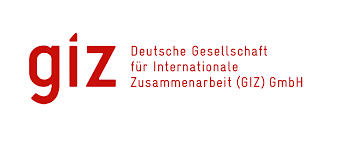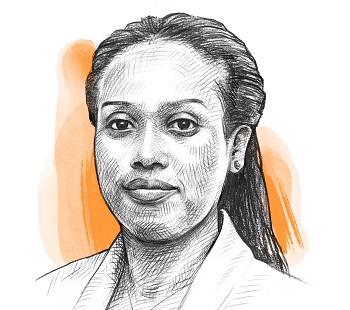Pan African Statistics Programme
Objective
-
€ 7,8mBUDGET
-
01/01/2016PROJECT START
-
54 monthsDURATION
Promoting economic integration in the African Union
Economic, regional and continental integration is a means to promote sustainable and job-rich economic development that benefits African populations. Supporting and evaluating processes requires accurate and comparable statistics covering a wide range of information.
The Pan-African Statistics Programme aims to improve the production and dissemination of quality statistics in Africa and to assist the African Union (AU) in building its capacities to provide comparable official statistics. The objective is to contribute to advancing the economic integration process underway on the continent and measure the progress achieved by Africa in order to achieve the Sustainable Development Goals (SDGs).
This project is financed by the European Commission and managed by Eurostat, while Expertise France is responsible for the implementation in partnership with other institutions from European Union Member States: Destatis and GIZ (Germany), INSEE (France), ISTAT (Italy), Oxford Policy Management (UK) and Statistics Netherlands (Netherlands).
Project implementation: Many types of services
The support provided in the context of the Pan-African Statistics Programme (PAS) comprises technical assistance, the organisation of courses, workshops and peer reviews.
These activities are facilitated by a team of 3 long-term experts, assisted by a number of short-term experts who know the region very well.
Project outcomes
Outcome 1: Build the capacities of the African Union to produce harmonised and quality data
The harmonisation of statistical methodologies is a priority subject, with the aim of improving the comparability and reliability of statistics in Africa.
Expertise France is providing methodological support for 5 priority sectors: national accounts, international trade, labour, post-2015 development indicators (SDGs), migrations and two other subjects: governance, peace and security and climate change.
Expertise France is also assisting AUSTAT, the African Union Statistics Division, in creating a common database which will group the data from all the countries.
Finally, the Pan-African Statistics Programme offers training in the digital tool ERETES, a software system centralising the data of national accounts.
Outcome 2: Communicate on statistics and increase the dissemination of quality data in Africa
It is essential to communicate on statistics, as this contributes to the credibility of the institution which produces them. The communication conducted in the context of the project improves the flow of information between the various African actors and increases the visibility of African statistical production.
For example, Expertise France is assisting AUSTAT in the design and development of its website and is advising the African Union Commission on the creation of its publications and infographics.
A total of 18 publications on statistics have been produced.
Outcome 3: Build statistical institutional capacities in Africa
Expertise France provides technical assistance by building institutional capacities, in particular via technical advice for the African Union Statistics Division, in the fields of law, finance, governance, human resources, or quality and for the development of STATAFRIC, the AU’s new statistics institute.
The PAS project also assists actors in the African statistical system in strengthening their collaboration.
A lire aussi : Inauguration of STATAFRIC, the new Pan-African statistics institute
Our partners
The partners of the Pan-African Statistics Programme include the African Union, but also regional economic communities and other statistical authorities at regional level, as well as the national statistics institutes (NSI) and other statistical authorities at national level.
 More information on the European Commission's website
More information on the European Commission's website






